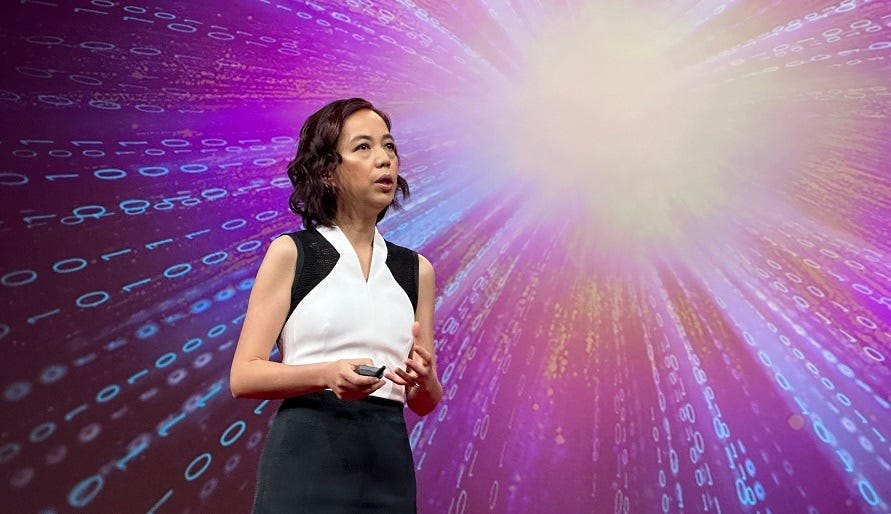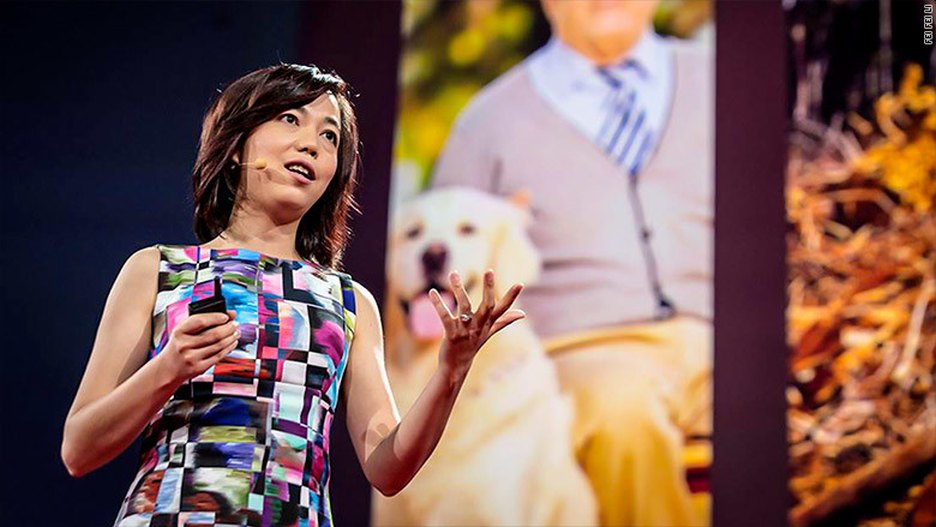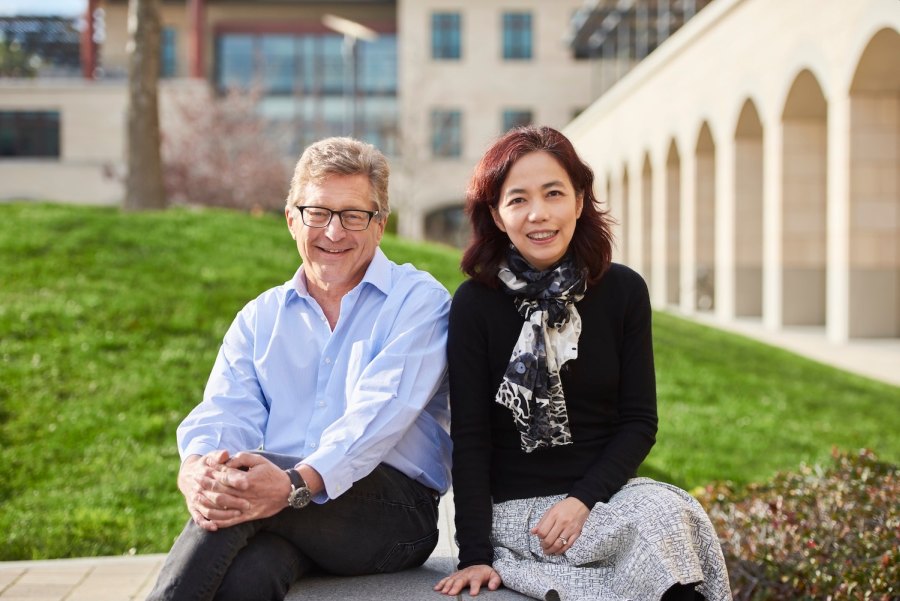‘AI godmother’ Fei-Fei Li raises $230 million to launch new AI startup, World Labs

Fei-Fei Li, a prominent Stanford University professor and a significant figure in AI, has raised $230 million for a new artificial intelligence startup called World Labs, though the company has not disclosed its valuation.
The initial funding round saw participation from major players like Andreessen Horowitz, New Enterprise Associates, and Radical Ventures, alongside investments from AMD Ventures, Intel Capital, and Nvidia’s NVentures.
World Labs, co-founded by Li and three other researchers, aims to advance AI technology that comprehends the three-dimensional aspects of the physical world. Li, who was recognized by Time Magazine in 2023 as one of the most influential figures in AI, has held key roles at Google Cloud and Twitter and has advised policymakers, including the White House.
One source highlighted a recent TED talk by Fei-Fei Li in Vancouver, where she discussed how the forefront of AI research is now focused on developing algorithms capable of predicting and interacting with three-dimensional environments. This involves a concept known as “spatial intelligence,” enabling AI to extend its understanding beyond flat images and text to make sense of the physical world.
Often referred to as the “godmother of AI,” Li is renowned for her development of ImageNet, a groundbreaking image dataset that significantly advanced computer vision technology.

Earlier this year, Reuters reported that Li was secretly working on a startup focused on spatial intelligence, which involves creating AI that understands and interacts with 3D environments. Her co-founders at World Labs—Justin Johnson, Christoph Lassner, and Ben Mildenhall—are also experts in computer vision.
In an interview along with Mildenhall, Li said, “The images and videos that you have seen so far coming out of generative AI models do not give you enough of the whole sense of how a 3D world is built.”
While popular AI models today are known for generating impressive text and images, World Labs is concentrating on spatial intelligence—teaching AI to grasp the intricacies of the 3D world. According to Li, this could have applications in areas like augmented reality (AR), virtual reality (VR), and robotics.
Current generative AI models don’t fully capture the complexity of 3D environments, Li explained in an interview with Reuters. This limitation hinders the ability of AI systems to perform more advanced reasoning. Addressing this gap is a key goal for World Labs, which aims to build AI that avoids common errors, such as creating images with distorted features.
“The way we understand the structure of the world, imagined or real, will fundamentally be a piece of this AI puzzle,” Li said.
Based in San Francisco, the startup, with a team of 20, plans to train its “large world models” using a mix of synthetic and real-world data. These models will utilize transformer-based architecture, similar to what powers OpenAI’s ChatGPT, but Li emphasized that transformers won’t be the only approach they employ.
Li will continue her role at Stanford’s Human-Centered AI Institute while leading this new venture. This marks her second entrepreneurial endeavor; she previously ran a dry-cleaning business to support her parents while still a student at Princeton.
By entering the startup arena, Li is stepping into the competitive landscape where leading AI companies are racing to instill common sense in their algorithms. The goal is to move beyond the limitations of current technologies, such as large language models, which often produce impressive human-like responses but can unexpectedly generate misleading or nonsensical information.

Fei-Fei L and, Bill Gates at the launch of the new Stanford AI Institute




